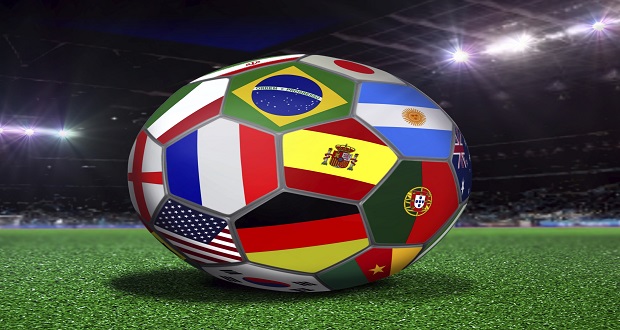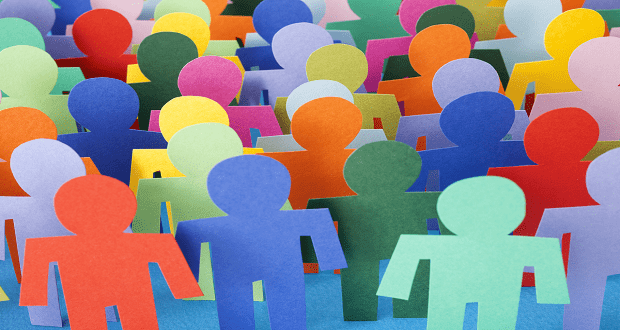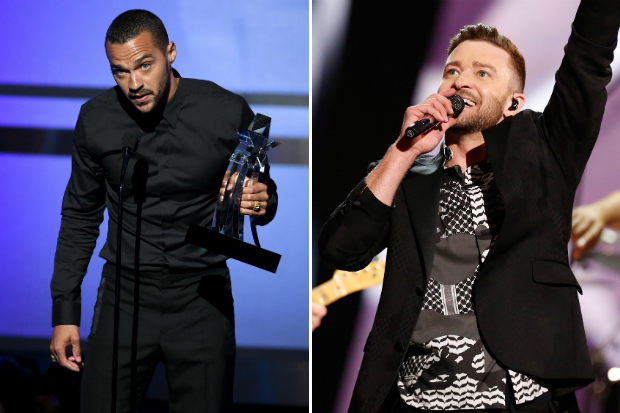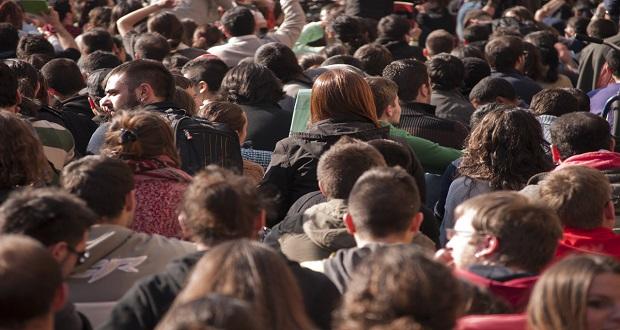
If you’re like me, you watched, or at least heard about, the US men’s team’s recent defeat in the World Cup this week. I’m admittedly not a big soccer (or fútbol) fan, but several things happened to me this year that changed all that. I guess I’ve always known that sports represent so much more than the physical balls, hoops, goals, and bats used to play the games, but my eyes have been opened wider to the deep significance of sports in our lives and societies.
I had the privilege of watching the final game amongst friends at the Legión Americana in Mexico City. I cheered for my country at a table with friends from Panama, Argentina, Portland OR, and Mexico. But it wasn’t just my company that made the game more meaningful, but where I was watching it. War veterans who relocated to Mexico first established the American Legion in 1920. They wanted a place to fellowship and where they could offer their Mexican neighbors alternative—more positive–representations of Americans and their culture. These veterans adorned the walls of the Legion with the expected patriotic memorabilia of American culture, but there was also a deep sense that the founders and operators of the place were intentional in creating a place that also communicated acceptance and equality. It was refreshing to be expressively patriotic in a place where patriotism was confined by the boundaries of complexity, introspection, and a desire to celebrate the best of American values. The cultural diversity at my table inside of a place of with such qualified patriotism were vivid reminders that what was happening on the TV was symbolic of so much more beyond the screen.
The second eye-opening thing that heightened my experience of the World Cup came from a recent visit to an ancient Mayan exhibit at the Natural History museum in Denver. Here I learned about one of the oldest forms of team sports known in history–ancient Mesoamerican ball game (or Ōllamaliztli). Archeologists have discovered remnants of molded rubber balls, paintings depicting the sport, and courts dating back to 1600 BC. What’s fascinating about the research is not just the game’s similarities to many modern sports, but the deeper meaning that the game represented for the cultures involved. Historians believe that the players’ competition on the field represented the conflicts of deities and nations of their respective cultures. The cultural values of Mayans are represented in nearly every facet of the game.
What struck me about this research is how similar the role that modern sports still play as battlegrounds for our contemporary values and conflicts. And the World Cup is no different. In fact, the World Cup may be the best example of how sports can be a magnifying glass into the deeper cultural wars that wage on between and across the cultures. The World Cup, although not over, has already been in the news for its ongoing relationship with racism, homophobia, and the complex questions of ethnicity, nationality and class struggles.
These articles highlight just how much sports are still a battleground for cultural values. And just as sports can bring out the worst of humanity’s racism, intolerance and bigotry, they can also be fruitful ground for celebrating cultural values and bridging the cultural gaps that divide us. As Pope Francis recently said in regards to the World Cup, “Sport is not only a form of entertainment, but also — and above all I would say — a tool to communicate values that promote the good that is in humans and help build a more peaceful and fraternal society.” So as the players compete for goals on the field, those of us that support them should be fighting for the goals of creating a more accepting and inclusive world. This is our true World Cup.


















